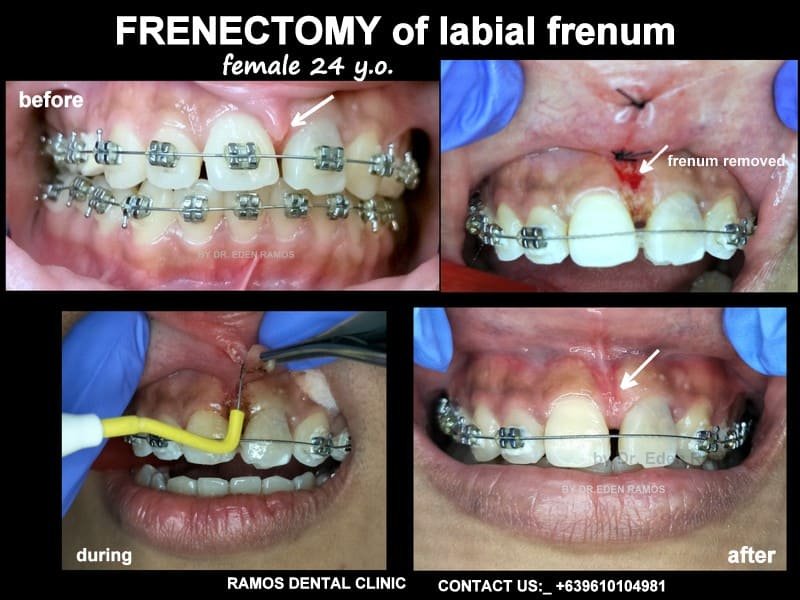Dental Surgery
Incision and Drainage
Cavities usually do not hurt unless they begin to affect nerves. When left untreated, the decay can work its way through the rest of the layers of the tooth and eventually progress to severe dental infections and complications. This is where surgical incision and drainage comes in.
Surgical incision and drainage is performed by dental professionals to prevent the spread of infection from the damaged tooth to the jaw bones. This is a very important procedure because it doesn’t only eliminate the pain experienced by the patient but it also helps save them from the potential spread of infection to the heart and brain which can be life-threatening.
Removal of Wisdom Tooth
Whether it hurts or not, there are several reasons for why a wisdom tooth has to be removed. Even if it’s not a source of pain, it doesn’t mean that there’s nothing wrong. In most cases, the removal of a wisdom tooth is recommended to prevent potential oral health problems. Sometimes it’s impacted or it’s too large and your jaw is too small to make room for it. To make sure it doesn’t lead to infections, cysts, dental shifts or even tumors later on, wisdom tooth removal should be performed.

Frenectomy
Some issues related to eating, speech and other orthodontic problems for both children and adults can be attributed to the so-called frenum or the connective tissue from under the tongue or the upper gums. To prevent gum recession and potential tooth loss, frenectomy is recommended.
Performed for about 15 minutes in a dental clinic, frenectomy is a relatively safe and quick process to remove frenum and address existing eating and speech issues. The procedure involves the use of a laser which causes very minimal bleeding and doesn’t require stitc

